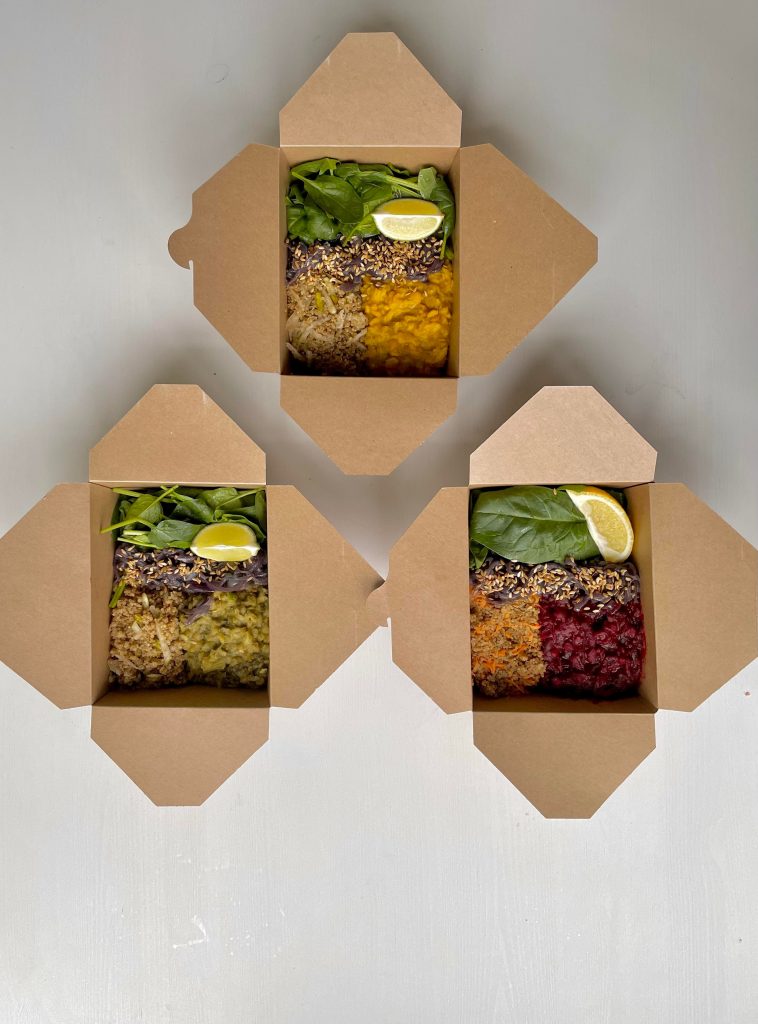Are you tired of spending half of your student loan on the same overpriced toastie at the Billy B every day? Sustain Meals offers a solution to this, with their vegan and gluten-free meal-boxes with a focus on making sustainable eating more accessible. I spoke to Charlie Gregg to find out more about it.
After studying Earth Sciences, Charlie understood how interlinked the geological and biological issues are when it comes to climate change. So, through the Durham Venture School Programme, he set up Sustain Meals to address the lack of eco-friendly meal options at the university.
This meal box solution makes it easy to eat sustainably, with a focus on providing information around sustainable ingredients to help educate people on how to incorporate them into their diets more generally. With a focus on regenerative agriculture and soil health, extensive research has gone into these meal boxes to balance nutritional, agricultural and climate sustainability aspects. His ambition is to get these boxes sold in the university cafes and other locations around Durham, with the potential to expand to other universities.
With so much conflicting information around what sustainability really means, I was interested to find out how Sustain Meals defines the term, and where the compromises have been struck in creating the business. Charlie explained how he has had to balance the factors, as different groups’ priorities are different in terms of how to minimise environmental impact. For example, from the point of view of regenerative agriculture, red meat isn’t that bad, but the methane produced and resources make it detrimental to the environment. All of the meal boxes are currently vegan and gluten-free, not only due to the sustainability of the ingredients used, but also to make the boxes as accessible as possible.
Interestingly, transport is less of a factor in terms of measuring sustainability, with more emphasis being placed on the methods of food production. For example, the pulses and quinoa that make up the significant base of the meals are sourced from the south, but this is balanced out as organic legumes can actually benefit soil fertility.
Charlie is optimistic about the role that entrepreneurialism and small businesses like Sustain Meals can play in addressing the climate crisis, and we discussed what it means to be an ethical capitalist. Charlie pointed out that ‘motivation drives innovation’, arguing that a moderated capitalism is going to drive the most creative solutions to climate problems, with regulations and certifications in place such as the B-Corp certification to ensure transparency. Despite this, Charlie encouraged a ‘healthy scepticism’ of companies and organisations, openly discussing the temptations and shortcuts that Sustain Meals has had to navigate. Ultimately, it is crucial for sustainable businesses to ask the right questions, do their research, and when compromises come up, to make sure that the fundamental ethos of the business is not compromised.
Solutions like Sustain Meals can help the wider student population to make more eco-friendly day-to-day choices. So if you are interested, you can find more information about Sustain Meals on Instagram and Facebook, and hopefully, soon you’ll get to try a meal-box on campus.
Featured image and images: used with permission from Charlie Gregg.

